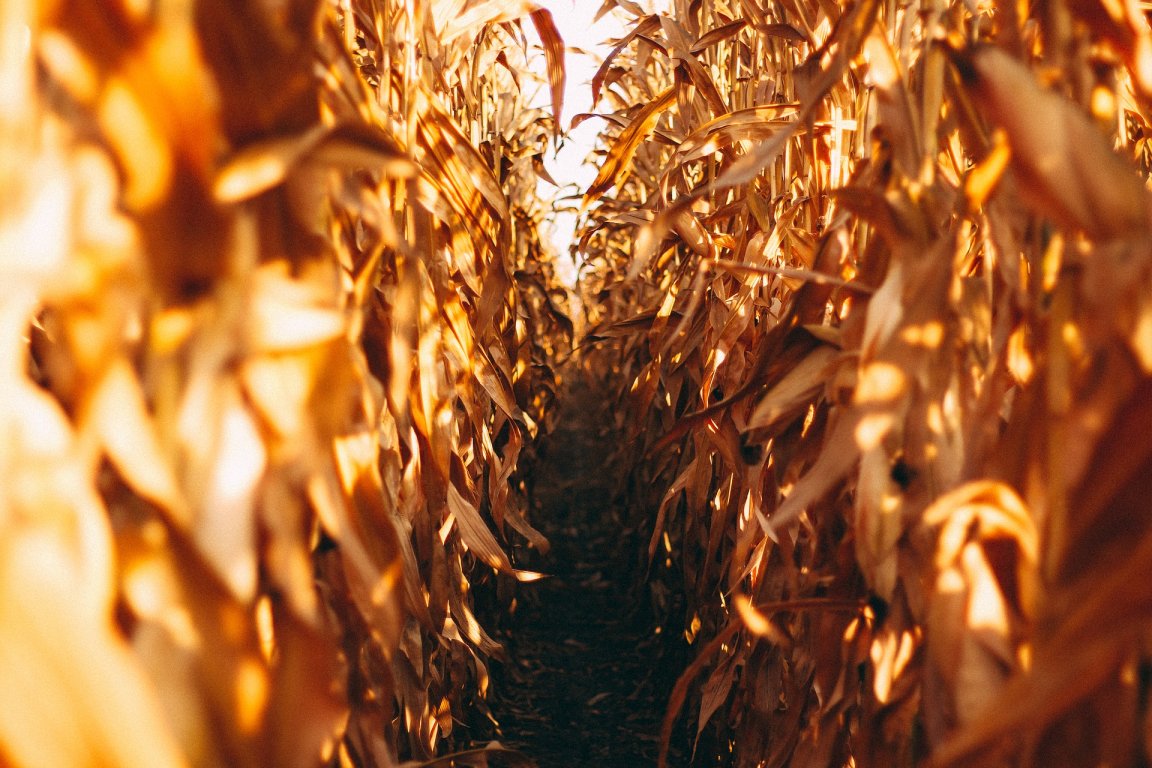
More CO2, Less Nutrition
Agricultural researchers have discovered that many of humanity’s most important food staples have been gradually losing nutritional value, with the mineral, protein, and vitamin content of vegetables dropping measurably over the past 50 to 70 years. In 2004, for example, a landmark produce study revealed that since 1950, everything from minerals to protein to vitamins had declined significantly in almost all garden crops.
Scientists have typically assumed that breeding choices were causing these changes; as we choose crops based on the need for higher yields rather than nutrition, we end up producing crops that are less nutrient-packed. However, recently some scientists have begun to suspect that climate change may also be changing the nutritional value of our food.
Plants need carbon dioxide to live, and if you don’t understand much about science, you might assume this means climate change is good for plants, and can only create higher quality food. However, scientists have found that while higher levels of CO2 are indeed speeding photosynthesis, this is causing plants to be filled with more carbohydrates, and fewer of the other nutrients that we need to live, such as protein, vitamins, and minerals.

Comparative research on changes to nutritional value of plants is finally beginning to take off, to some extent. According to Politico, USDA researchers recently accessed and re-planted varieties of rice, soy, and wheat that the agency saved from the 1950s and 1960s, growing the older varieties around the U.S. where they had been grown in the past. This way, the scientists will be able to separate out how much CO2 contributes to the deficiencies, as opposed to different food strains. Scientists from the USDA are also experimenting with bell peppers, to see how rising levels of CO2 affect vitamin C levels, and with coffee, to assess whether caffeine levels change with CO2.
Refocusing Attention
Earlier this year, a crop of new papers began to quantify the changes to the nutritional value of plants caused by climate change and what these changes might mean for humanity. Plants are a critical source of protein in the developing world. By 2050, researchers found that 150 million people may be at risk of protein deficiency, particularly in the developing world, because of climate change.
Researchers also found 138 million people may be at risk of a zinc deficiency, which is particularly essential for maternal and infant health. Additionally, one study estimated that more than 354 million children and 1 billion mothers live in countries where dietary iron should fall significantly. This will worsen the already serious public health problem of anemia, which the World Bank estimates causes a million deaths per year.
The change in the dietary carbohydrate ratio toward more starch and away from protein is already associated with an increase in diseases like diabetes, cardiovascular disease, and obesity. A similar shift in the food system could make that problem far worse.
As if that weren’t enough, these changes will also be disastrous for bees. The pollen of goldenrod, a wildflower, is extremely important protein for bees, sustaining them through winter. However, protein levels in goldenrod have dropped by one-third since CO2 levels began to rise with the industrial revolution. This may be an important factor behind the worldwide decline in bee populations.

Scientists are only starting to investigate what the decline of nutritional value in plants means for humans, and for the rest of Earth’s denizens. The bad news is that research funds in the area are hard to come by, and that the area itself is so poorly recognized and understood. The better news is that almost any area researchers choose to dive into could have useful, new insights we can use.